IN MY WANDERINGS through small villages around the world, I have often sat and marveled at how people in other cultures perform their daily work. There is an acceptance of the tasks at hand and a pride in exerting excellence. At the end of a day their harvest is contentment and sweet sleep.
The word energy comes from the Greek energes, which means “in one’s work.” When people are truly “in their work,” they have energy. When workers fail to bring heart to the workplace, they have no energy. The industrialized nations have succumbed to greed, and the harvest of our offices is a withered crop of stress, disease, and disillusionment. Rural or indigenous people, on the other hand, are still connected to the earth. Their energy can be seen and felt in the food they grow, in the songs they sing, in the dances they dance, and especially in the labors they perform.
Perhaps the Incas had it right: they did not differentiate between work and leisure.
— Ethan Hubbard
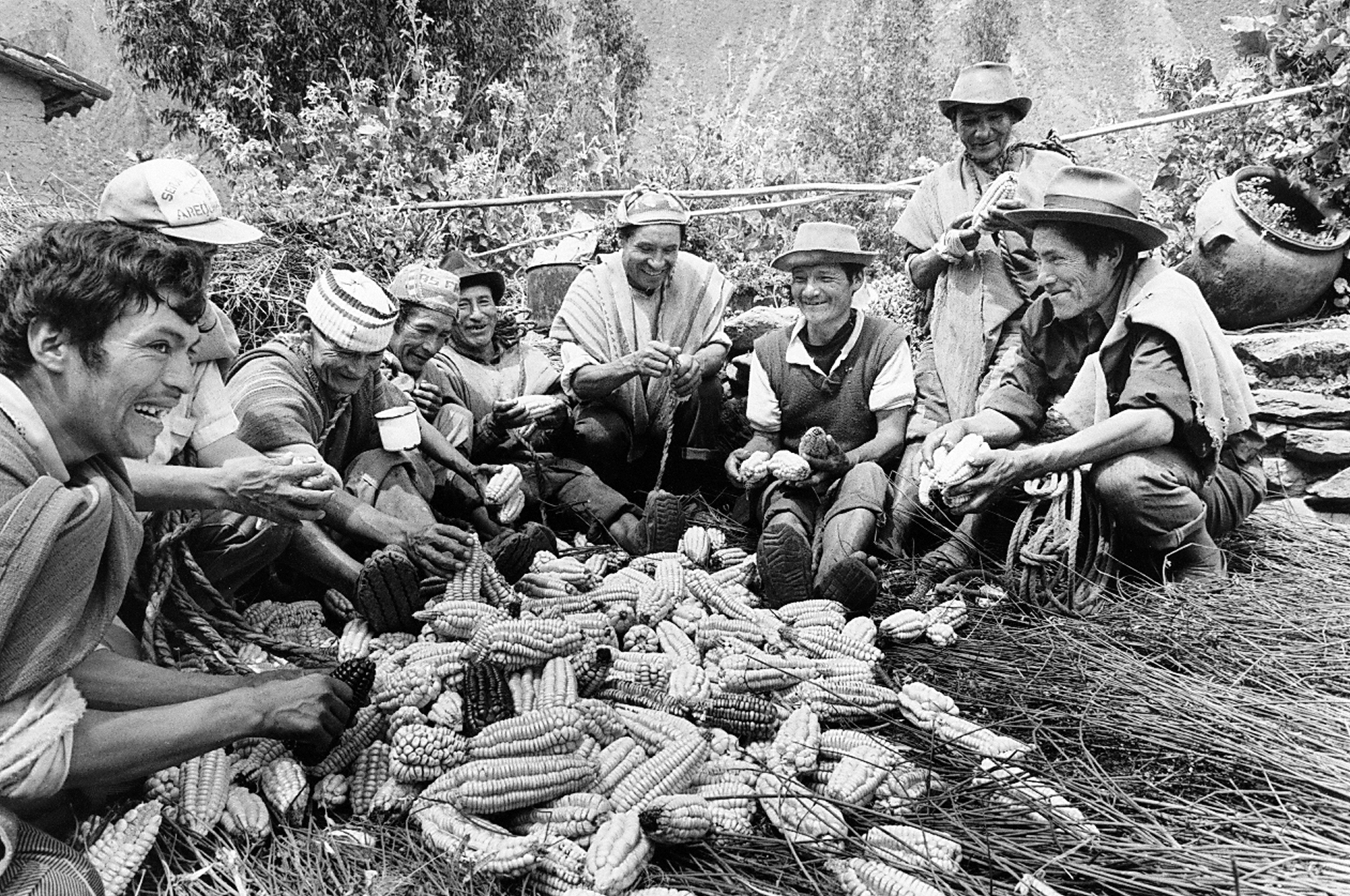
URUBAMBA RIVER VALLEY, PERU
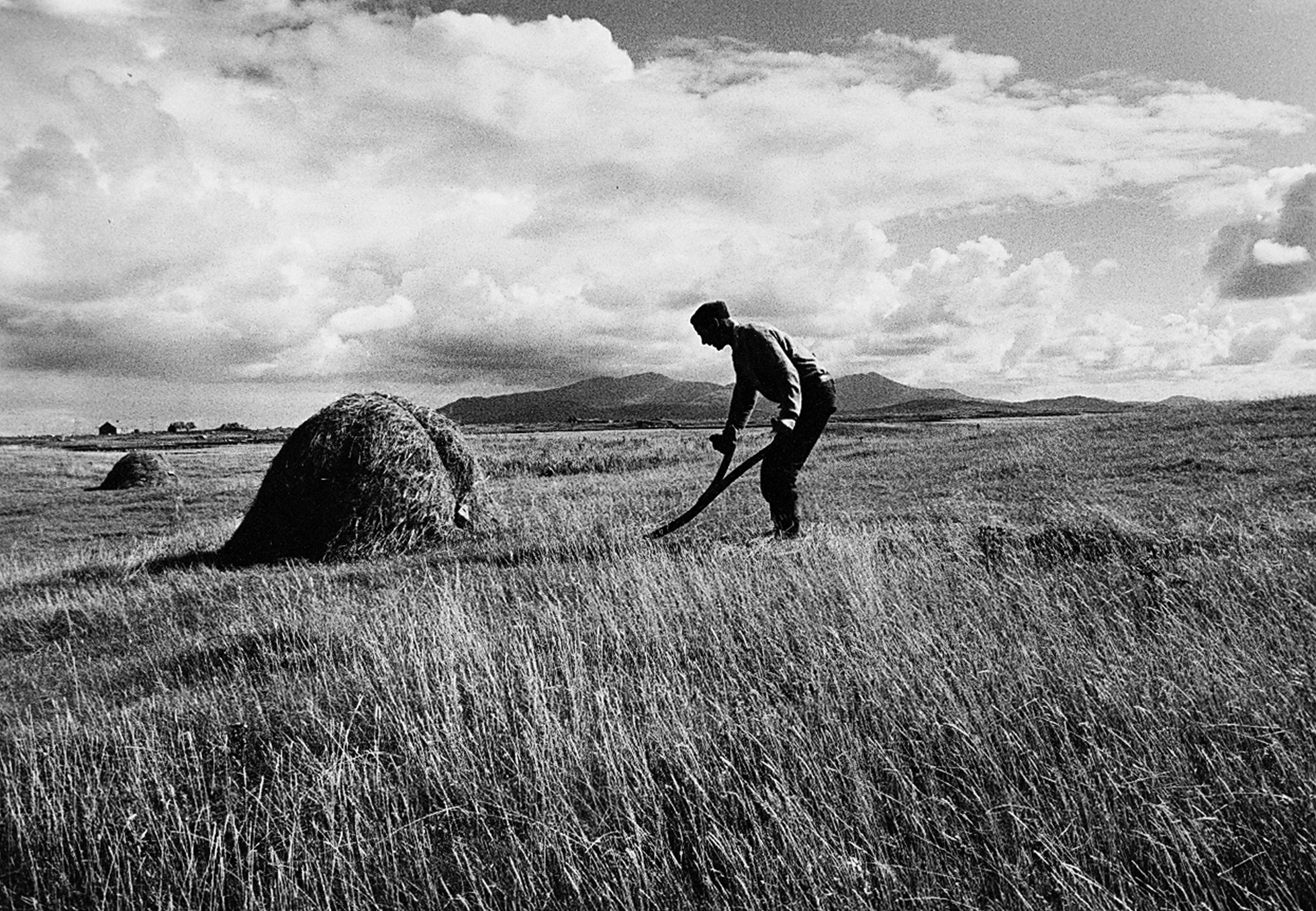
OUTER HEBRIDES, SCOTLAND
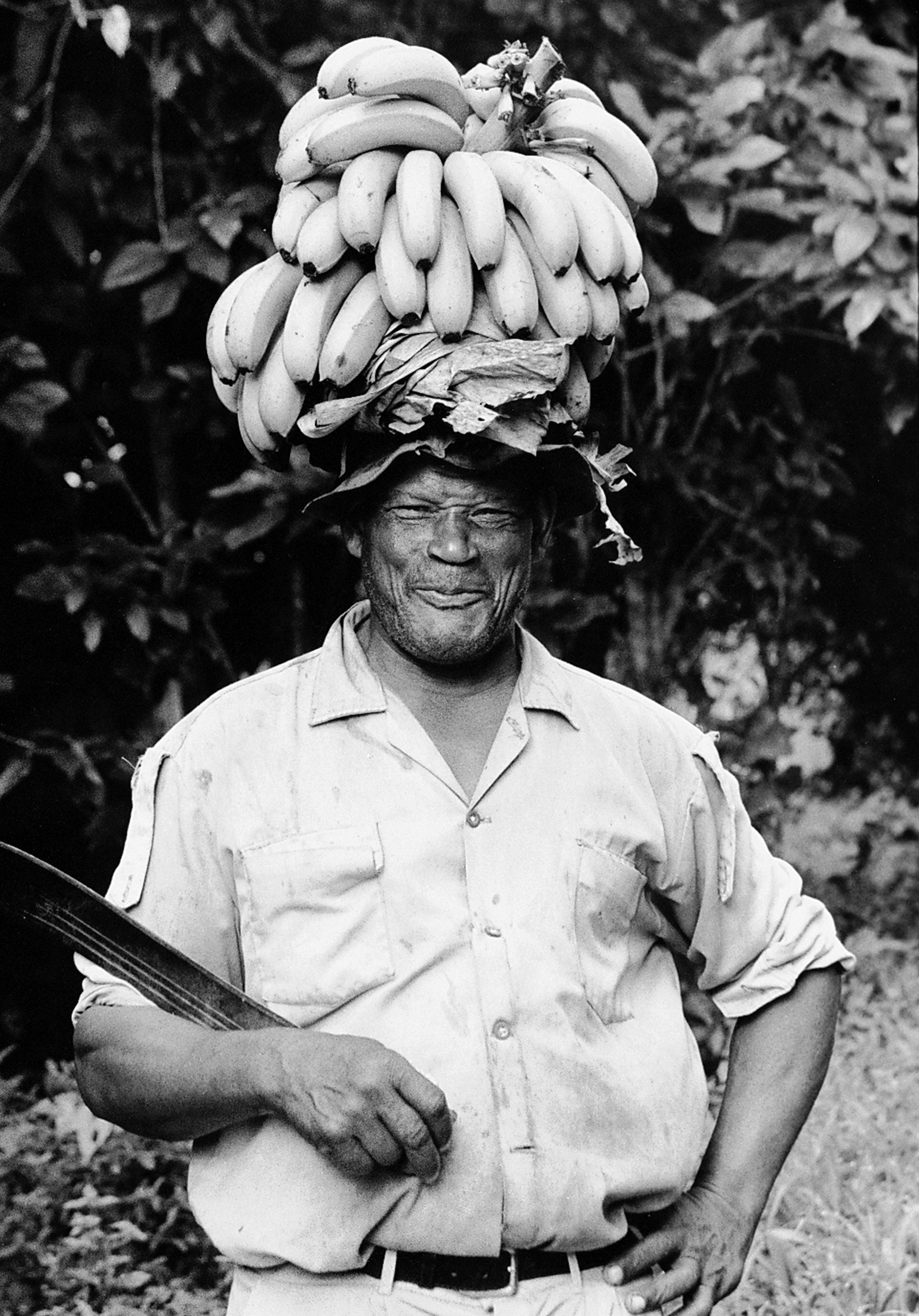
COMMONWEALTH OF DOMINICA
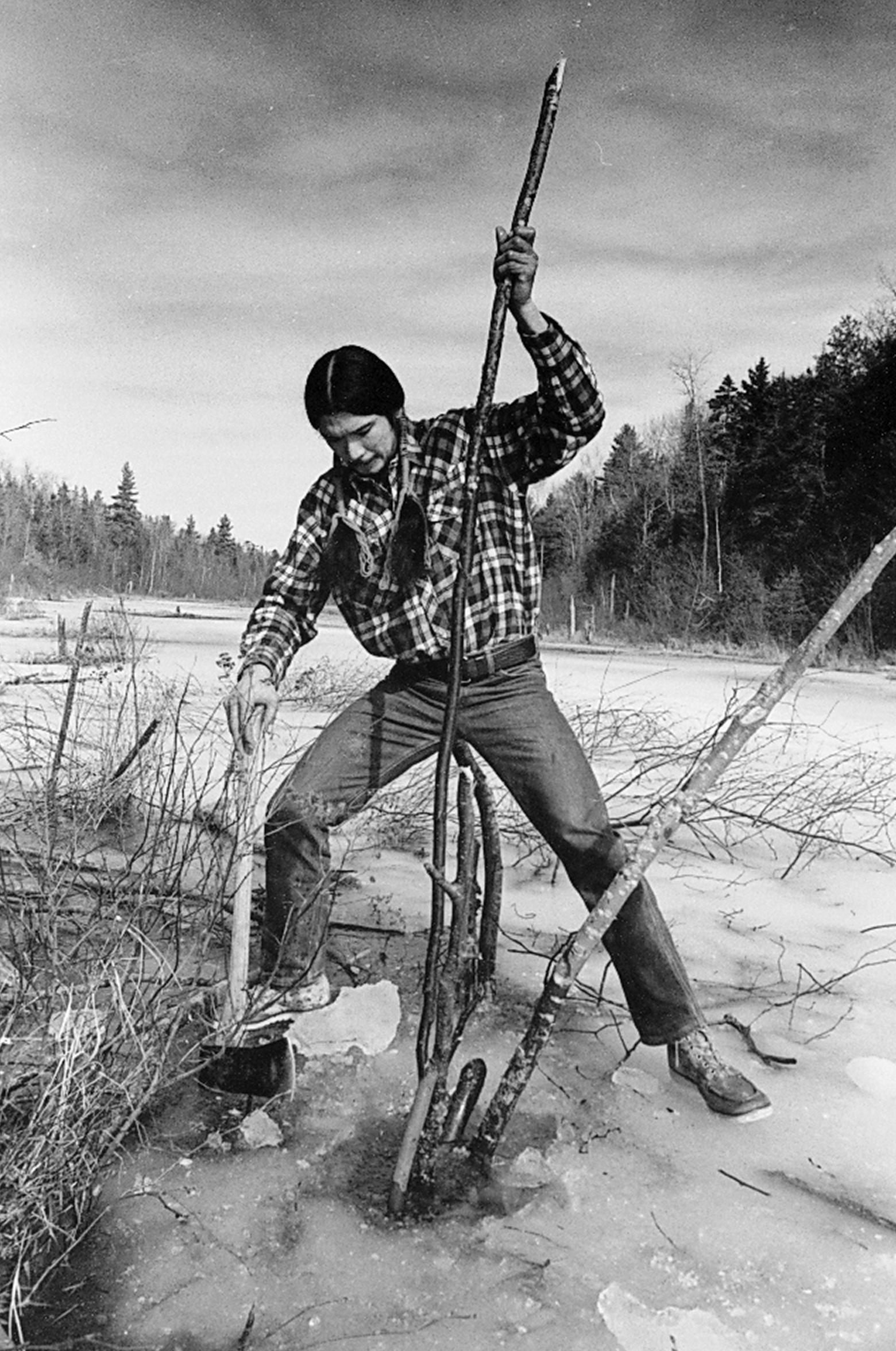
MAINE, U.S.A.
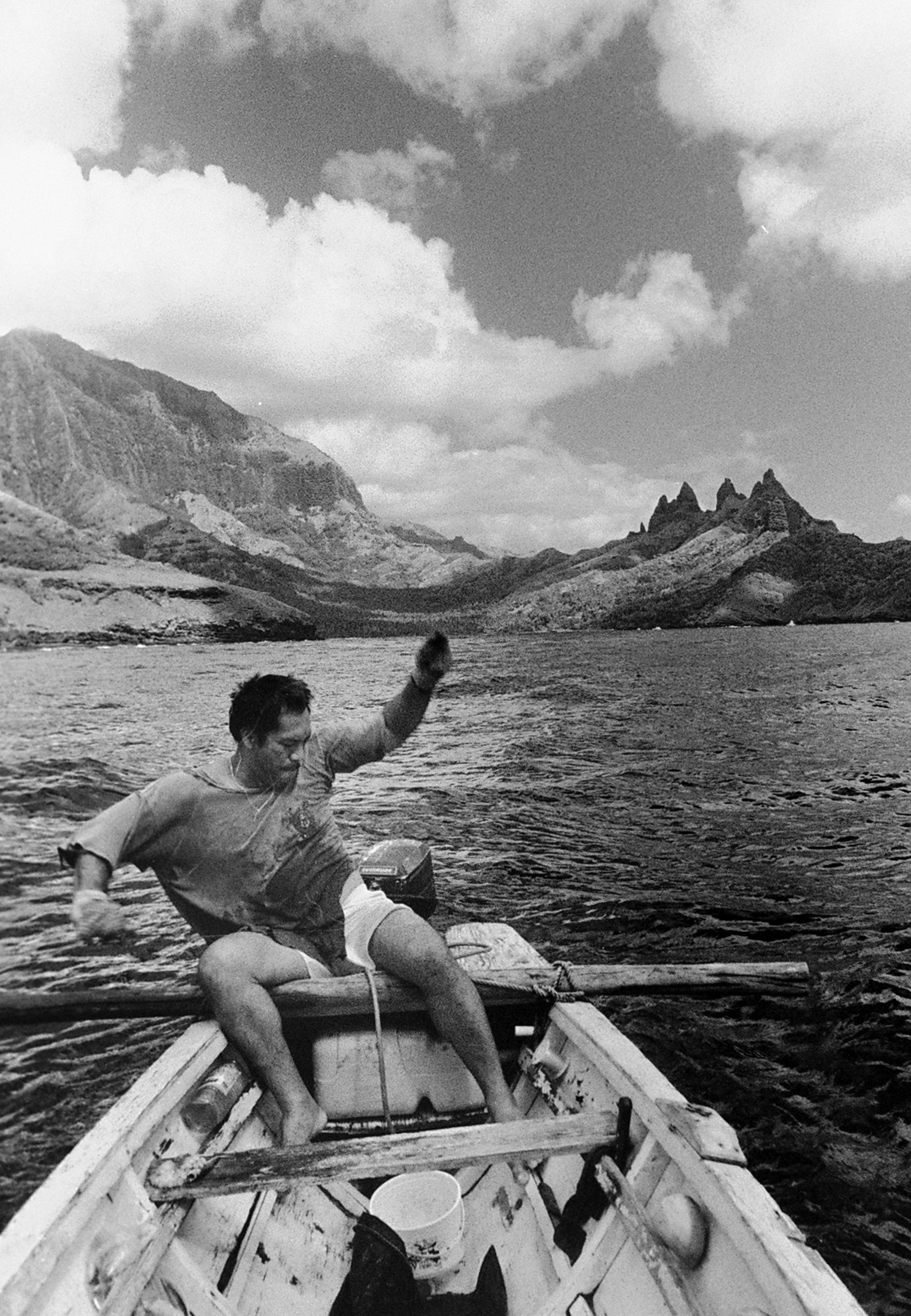
MARQUESAS ISLANDS, FRENCH POLYNESIA
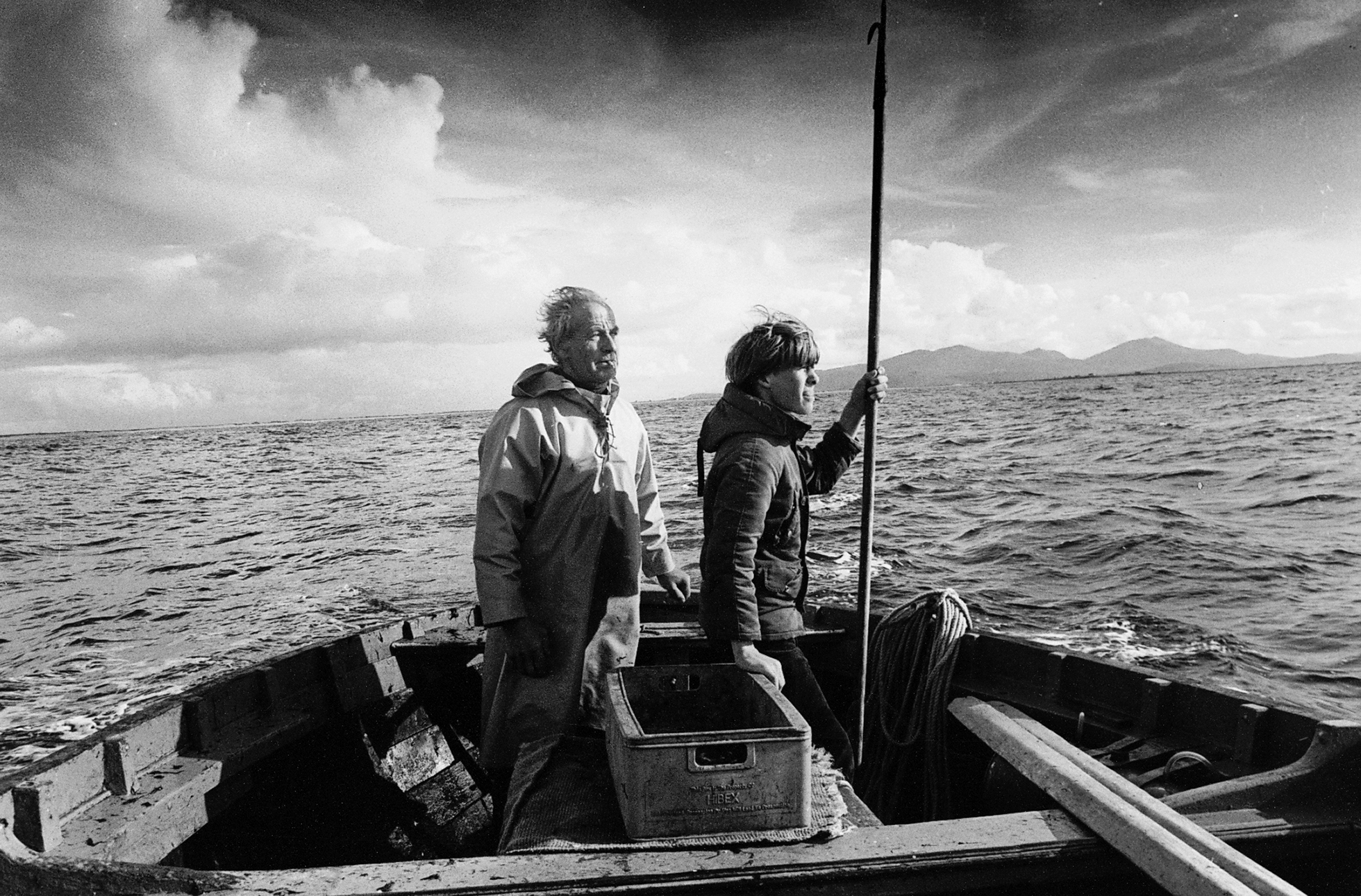
OUTER HEBRIDES, SCOTLAND
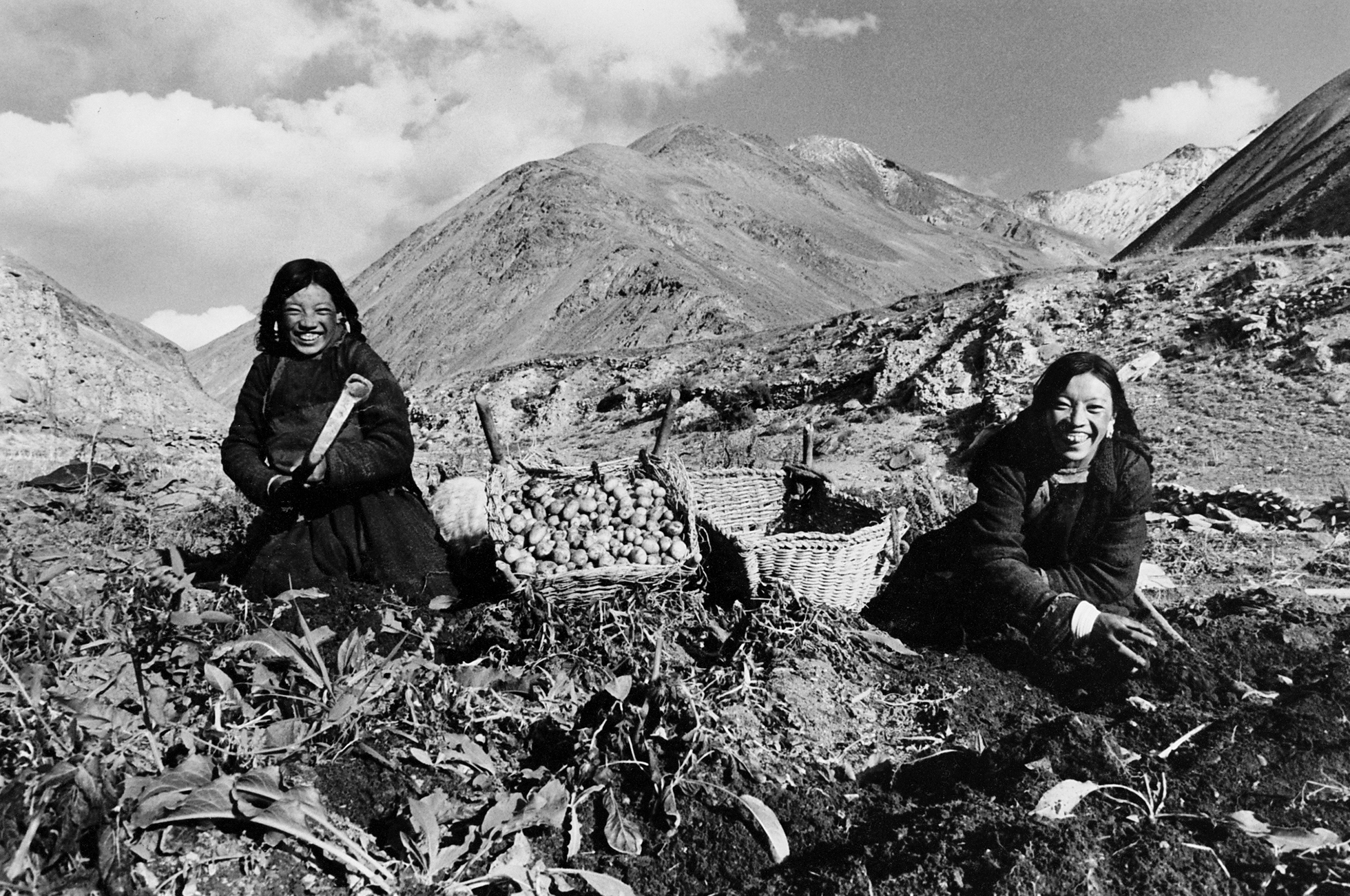
LADAKH, INDIA
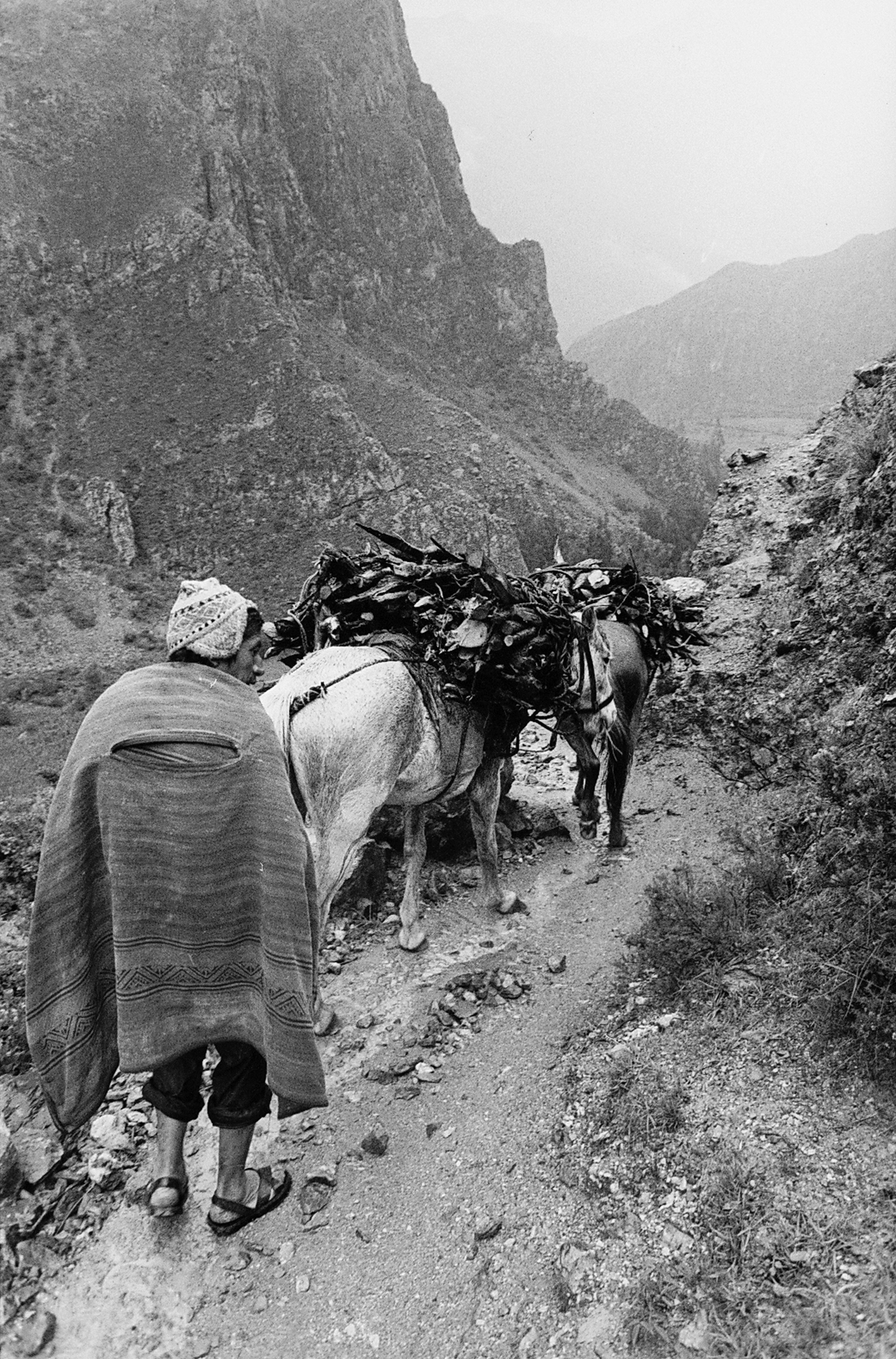
URUBAMBA RIVER VALLEY, PERU
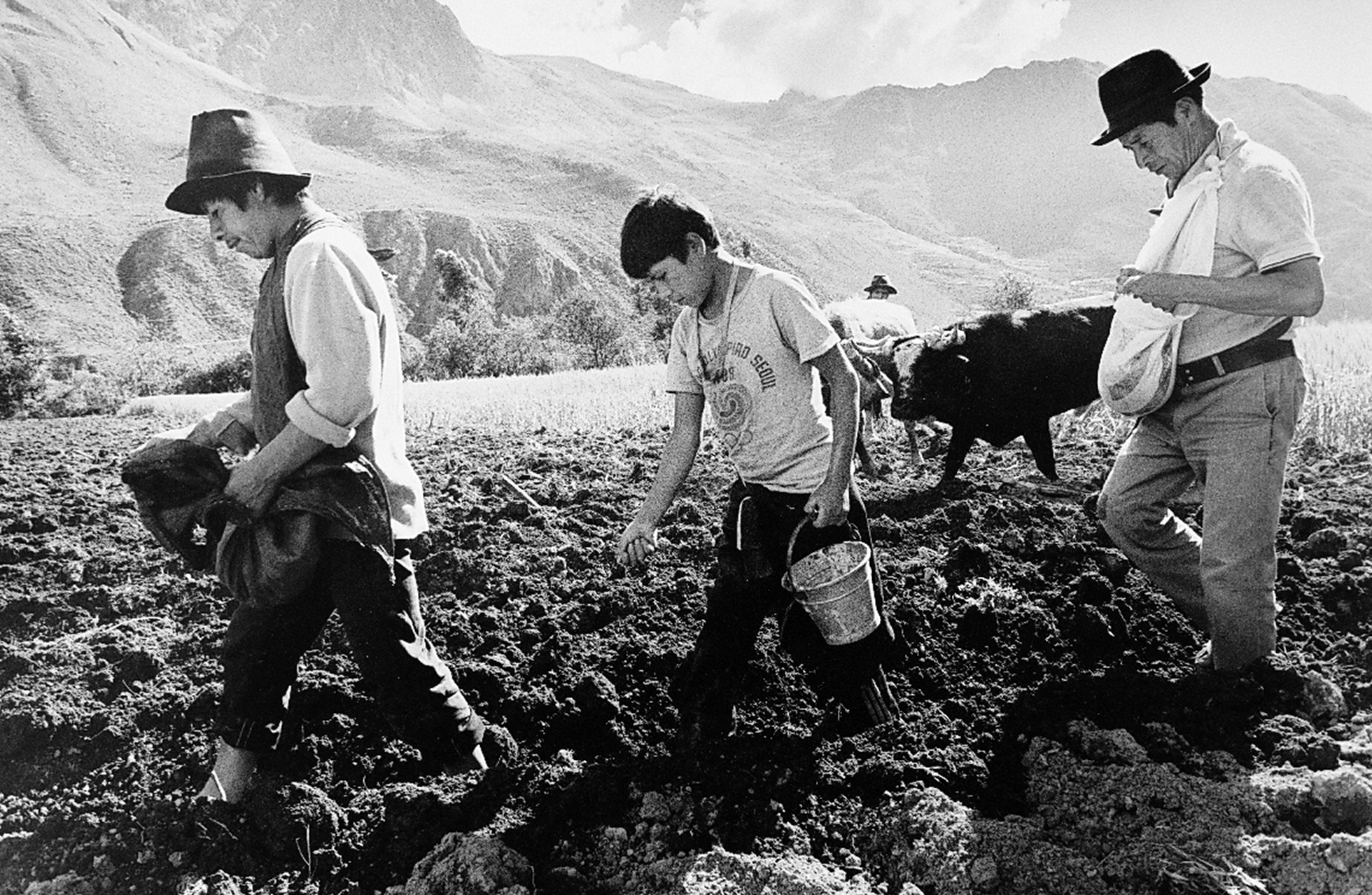
URUBAMBA RIVER VALLEY, PERU
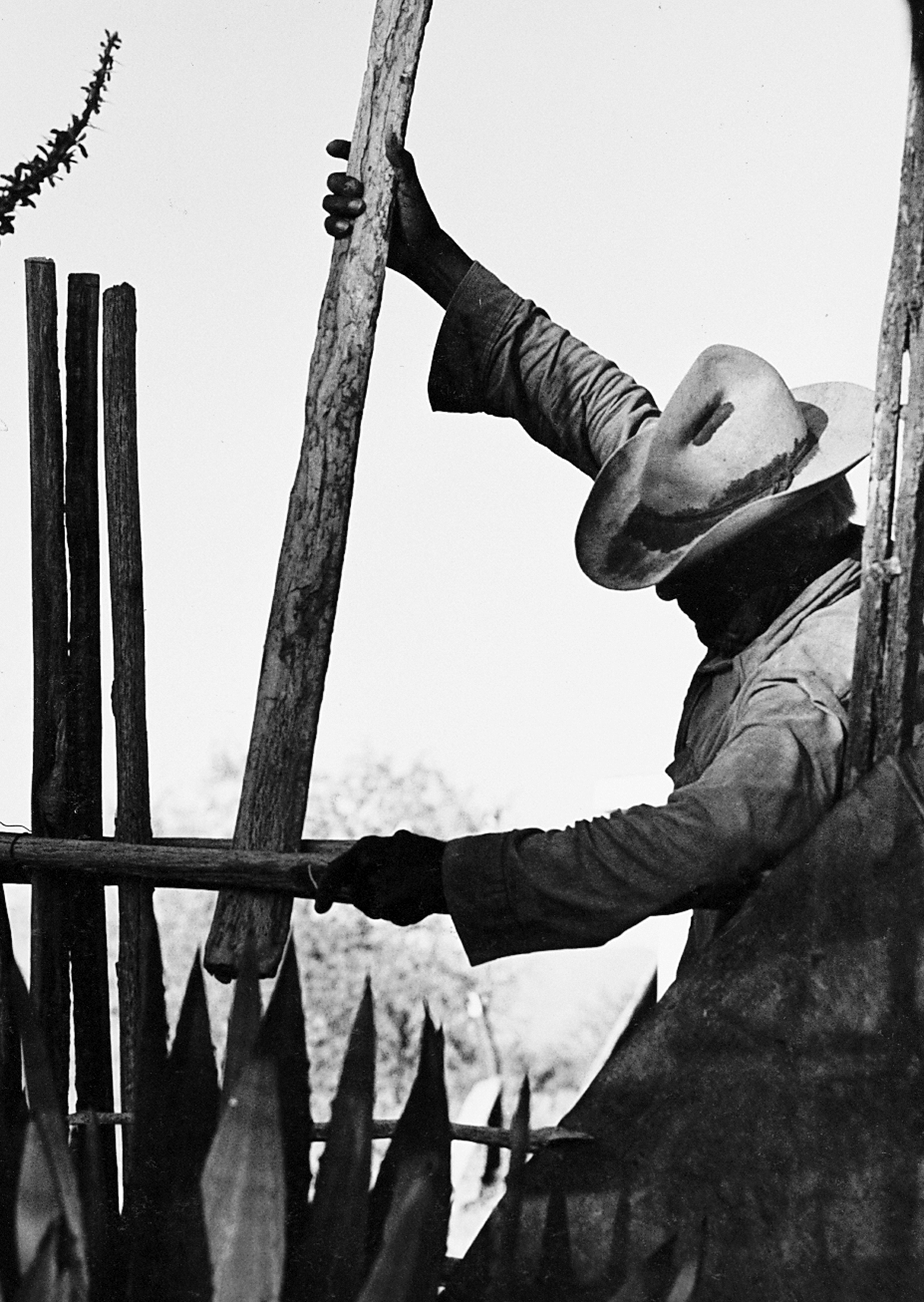
ARIZONA, U.S.A.
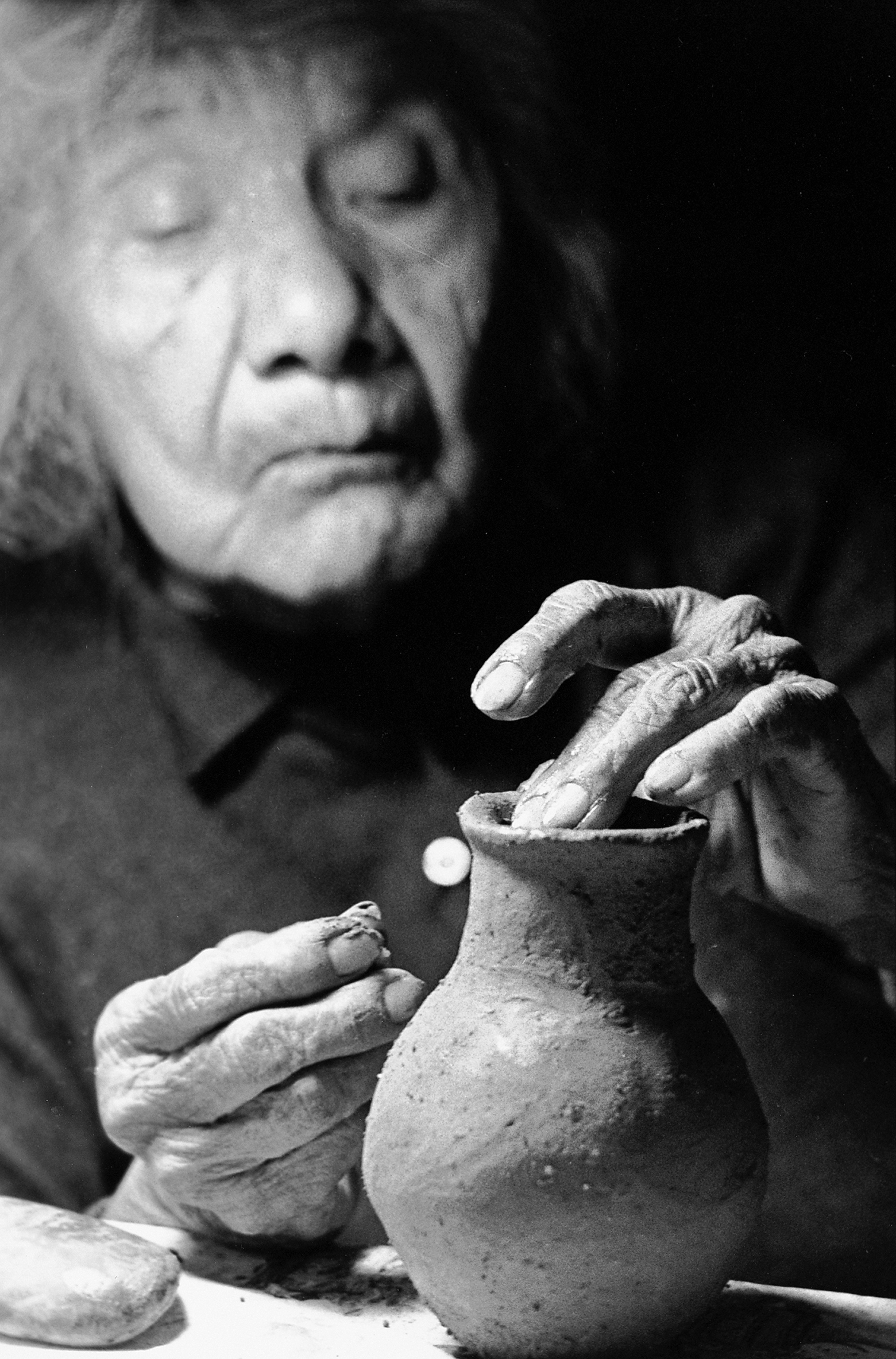
ARIZONA, U.S.A.
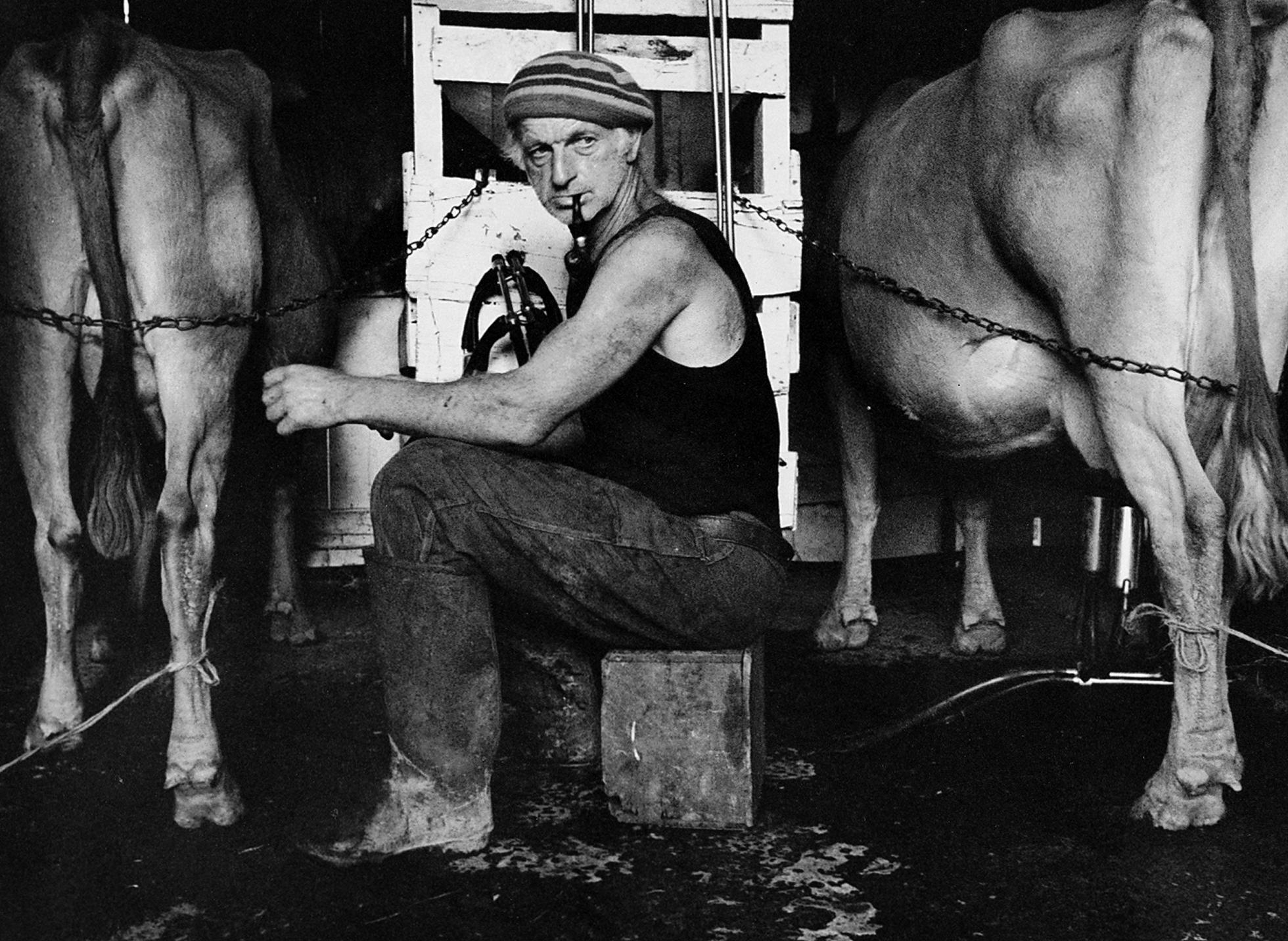
NORTH ISLAND, NEW ZEALAND
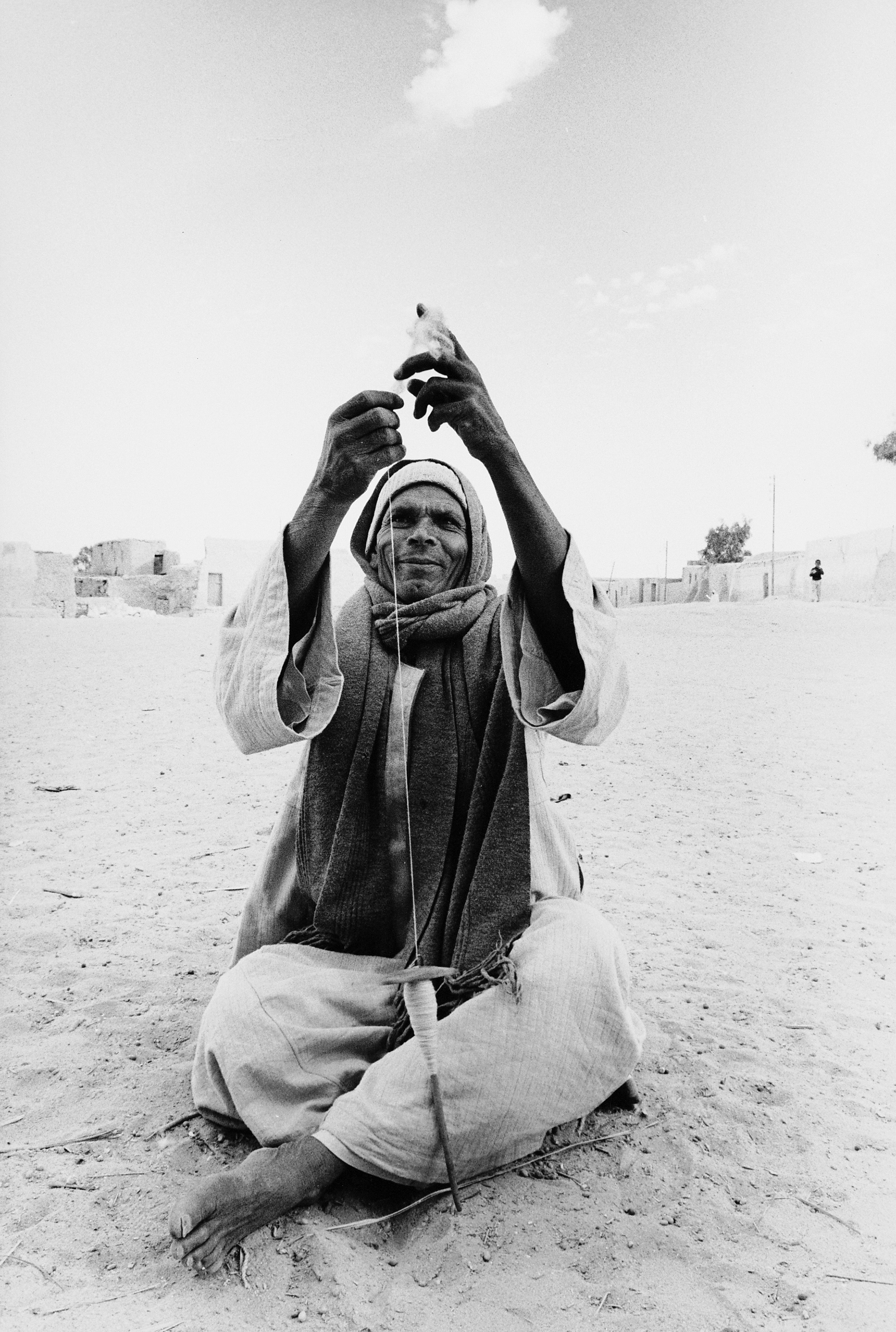
FARAFRA OASIS, EGYPT





